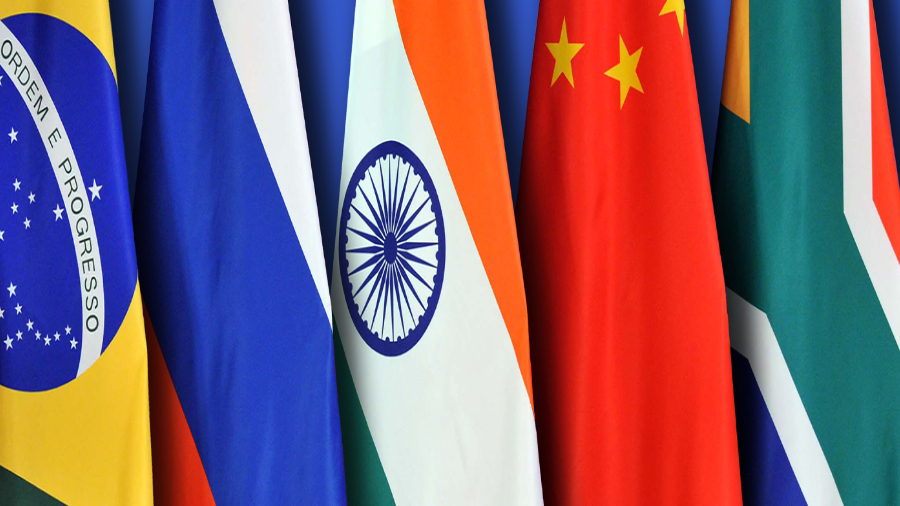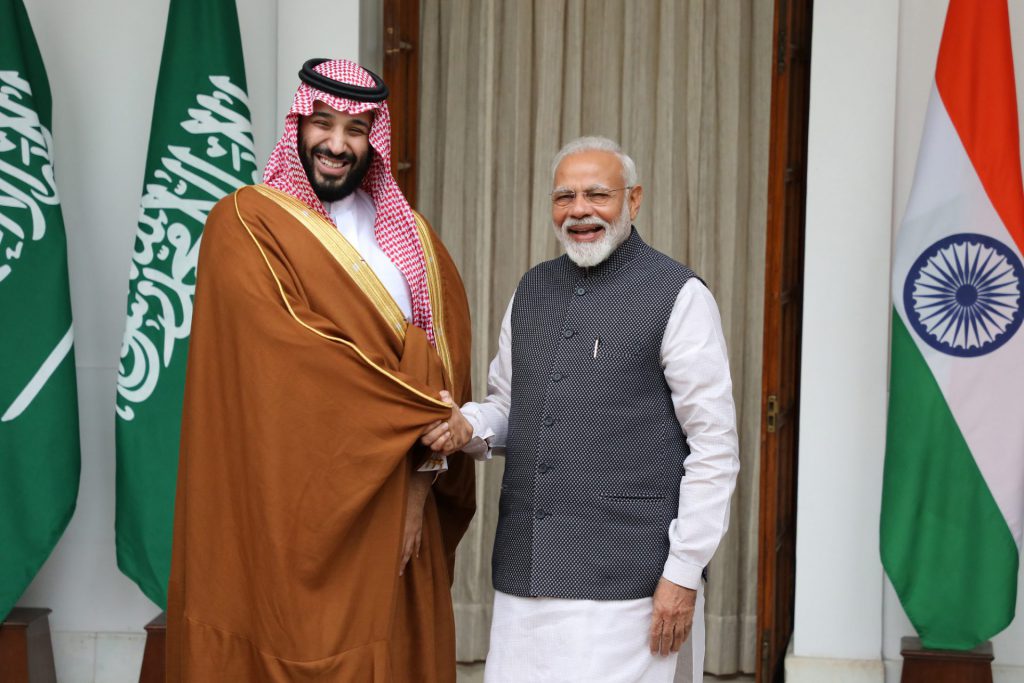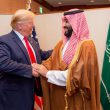In continuation of its de-dollarization efforts, the BRICS alliance has sold off more than $18 billion worth of US Treasury bonds in a single month. Moreover, the development has seen the bloc continue its promotion of its local currency. Alongside currency swap agreements that could facilitate declining reliance on the greenback globally.
The BRICS bloc integrated a notable expansion in last month’s annual summit. Subsequently, the countries in the alliance are seeking to combat the devaluation of their currencies against the falling greenback. Moreover, they have driven countries outside of the collective to do the same.


Also Read: UAE Says BRICS Alliance is Set to Reshape Global Economy
BRICS Sells Off $18 Billion Worth of Treasury Bonds in a Month
The BRICS economic bloc has long captured the attention of the geopolitical sector. Yet, it made its greatest move yet last month when it grew its alliance by six countries. Indeed, joining Brazil, Russia, India, China, and South Africa are the nations of Saudi Arabia, the United Arab Emirates (UAE), Egypt, Argentina, and Ethiopia.
Subsequently, the BRICS alliance has continued its de-dollarization efforts with these nations in tow, selling off $18 billion worth of US Treasury bonds in a single month. Indeed, a new report notes the sale as an attempt by the countries to protect their own currencies against the dollar.


Also Read: UAE and Egypt Agree to $1.36 Billion Currency Swap
Additionally, the bloc has firmly leaned into de-dollarization across its international relations. Both the UAE and India executed a landmark oil deal settled in the Indian rupee. Moreover, China and Nigeria agreed on a massive currency swap deal. Specifically, Nigeria swapped for more than $2.5 billion in the Chinese yuan.
The process shows a continued commitment to lessen international reliance on the US dollar. Alternatively, it is less about affecting the US and more about protecting global interests. Iran recently noted that its inclusion in BRICS is a defense against sanctions. Subsequently, its hope for the economic stability of the bloc is firmly established. Moreover, the near term should provide rapid changes in global currency usage.





